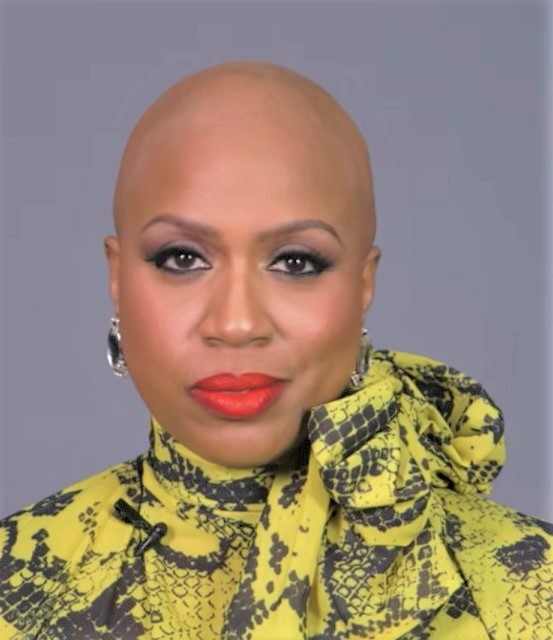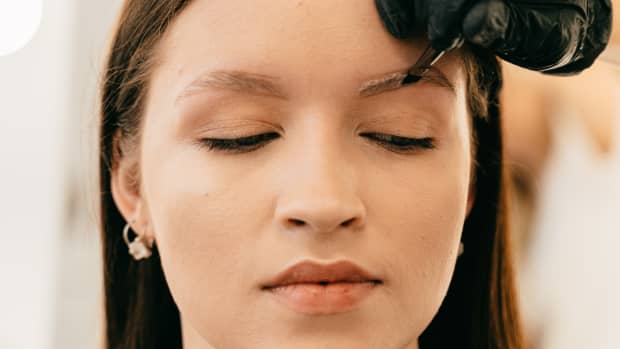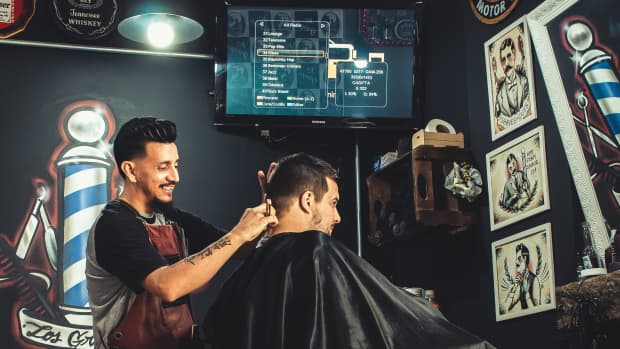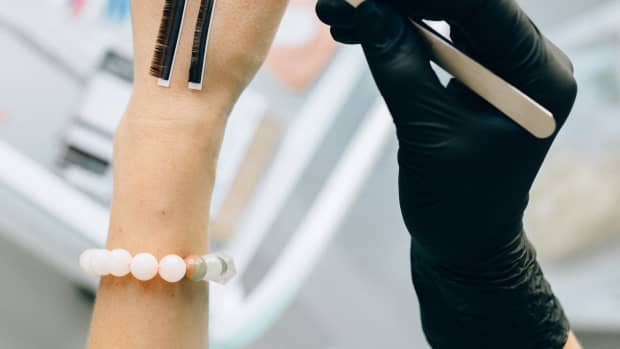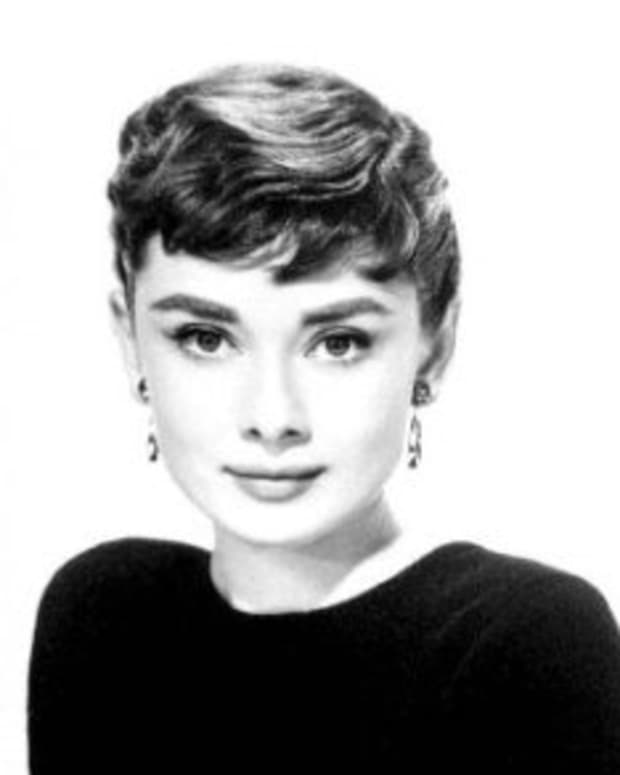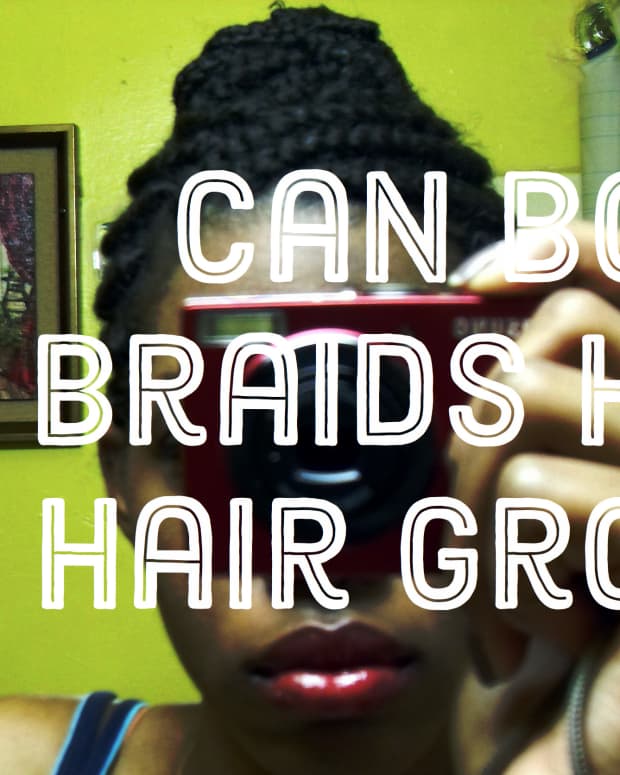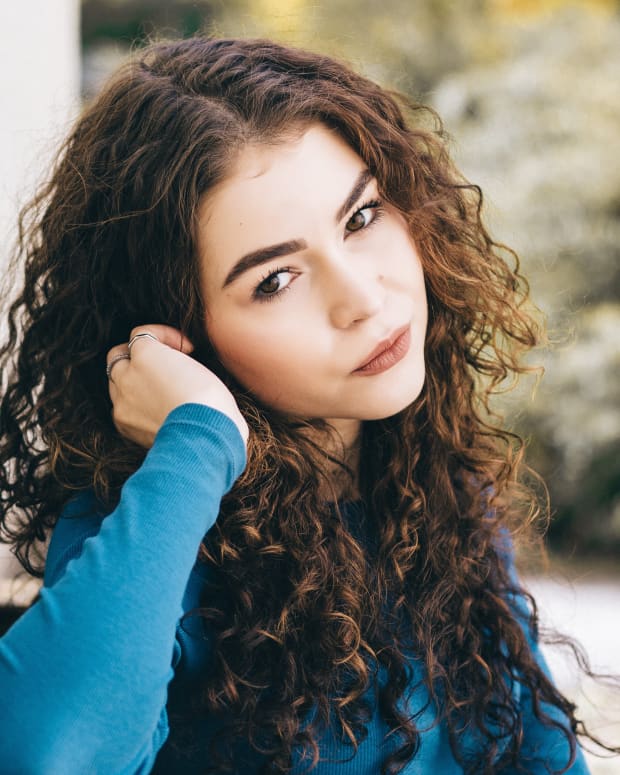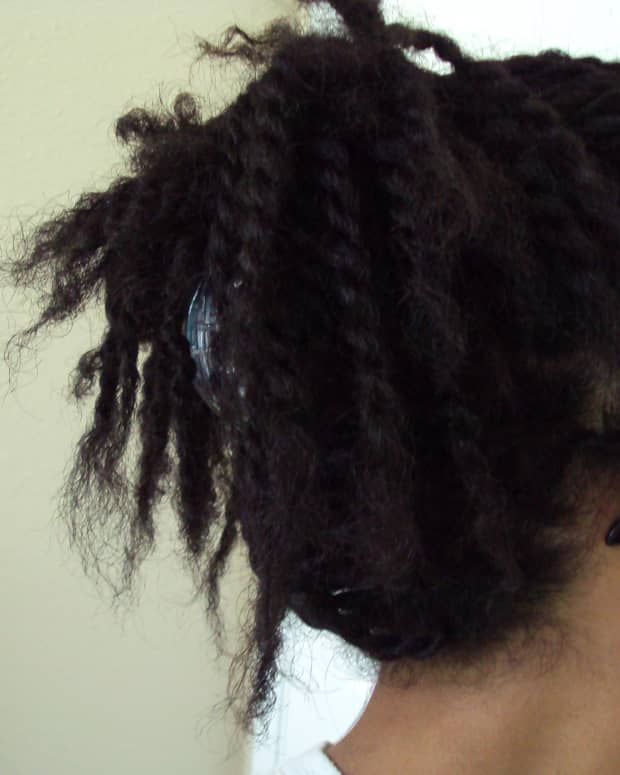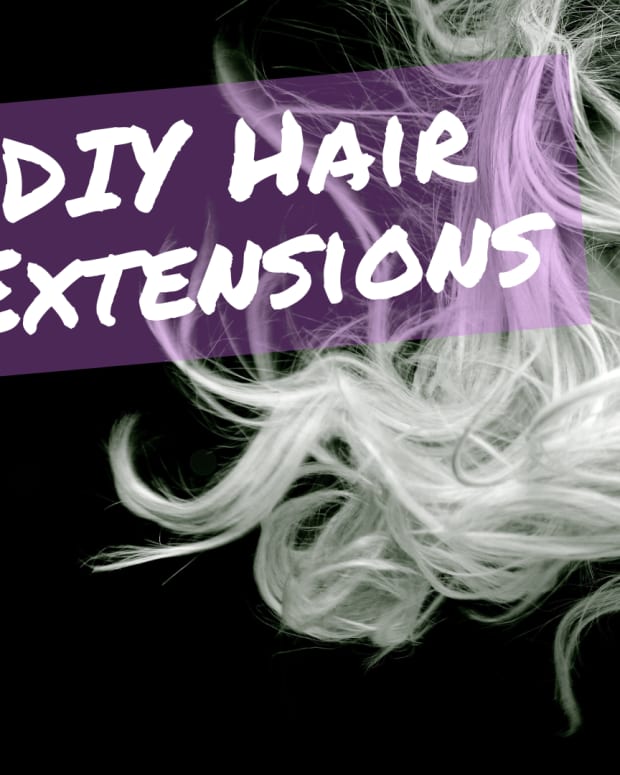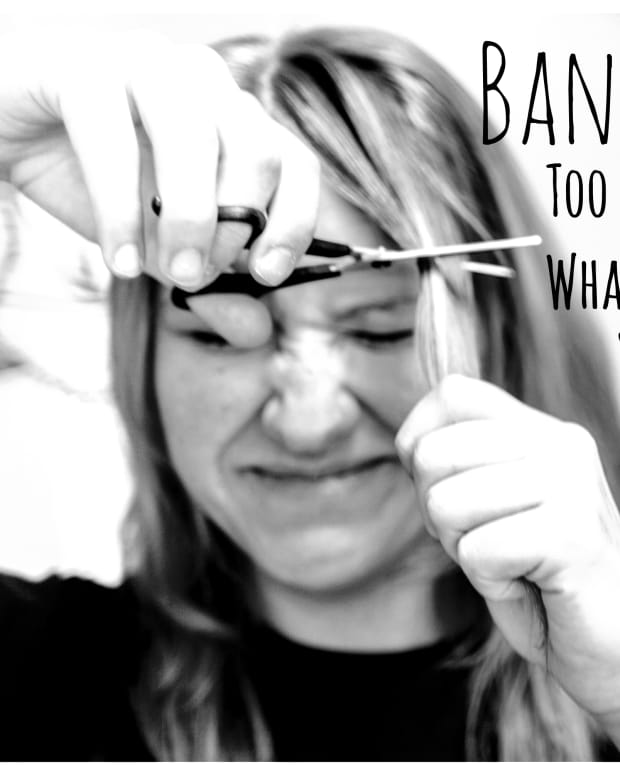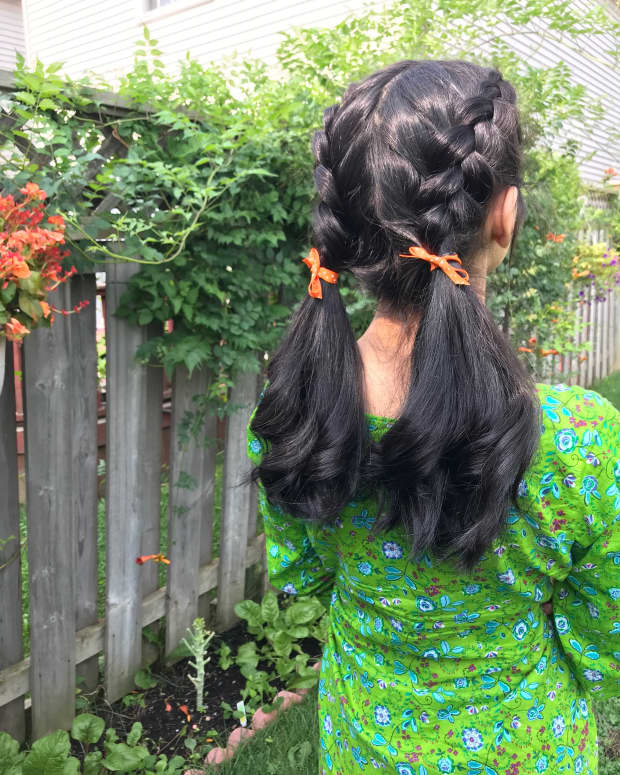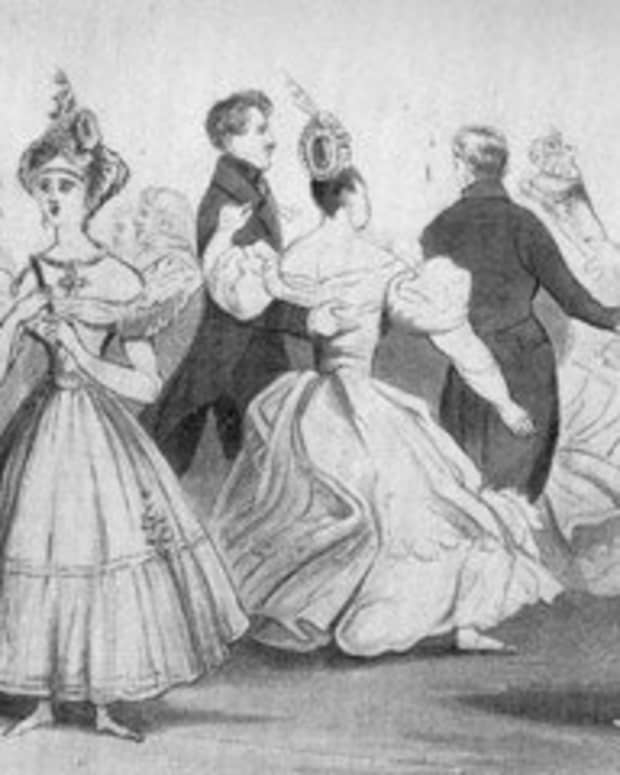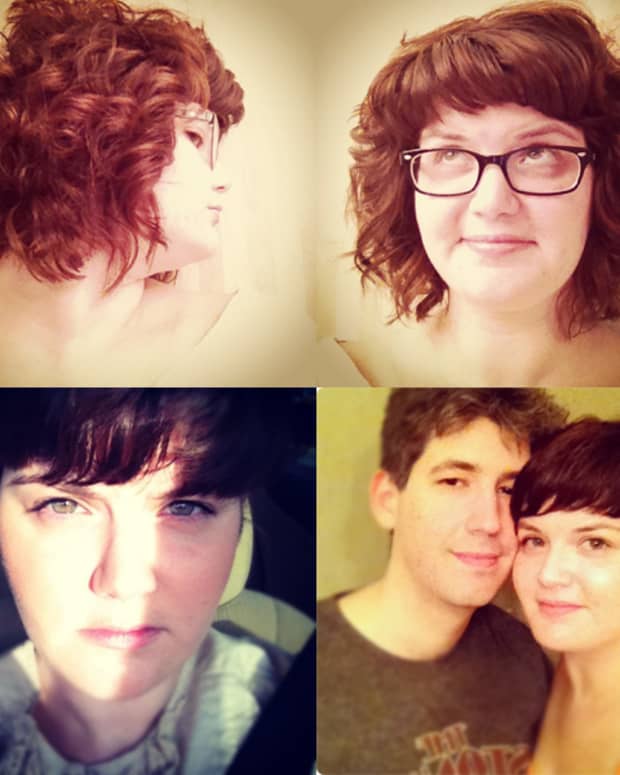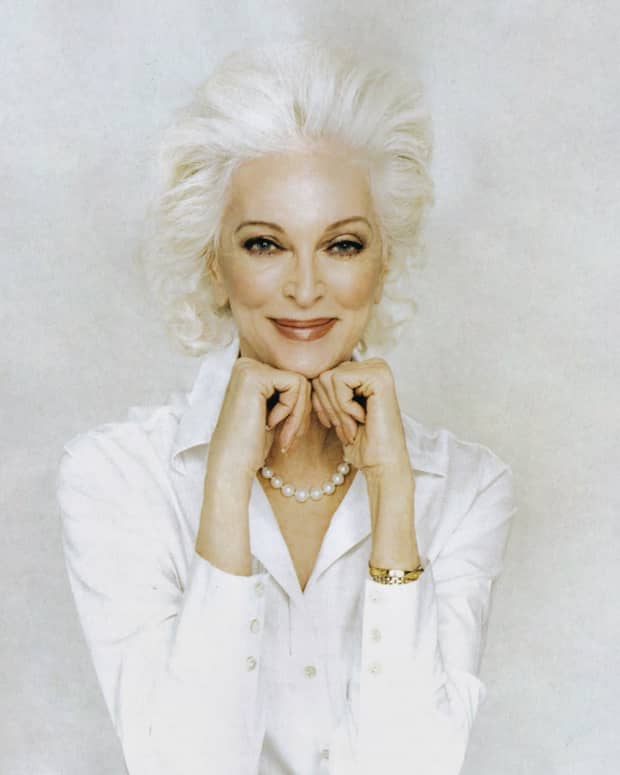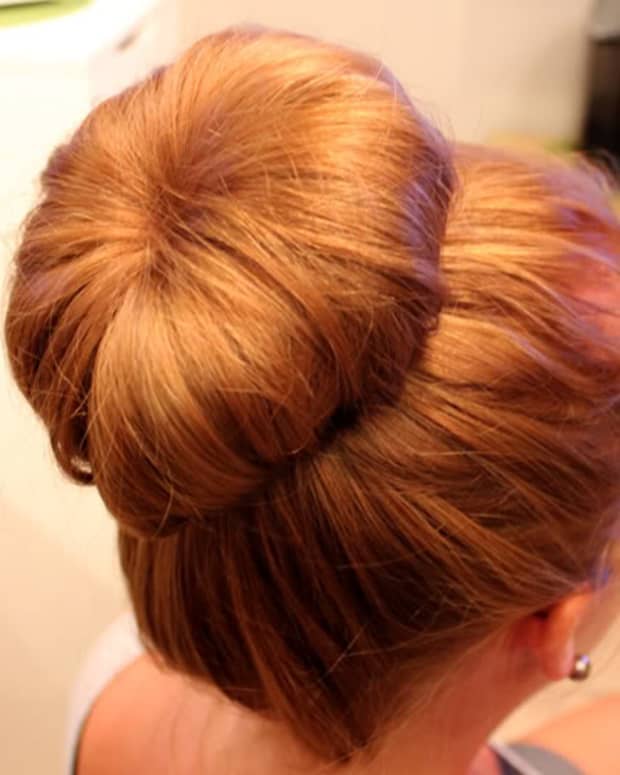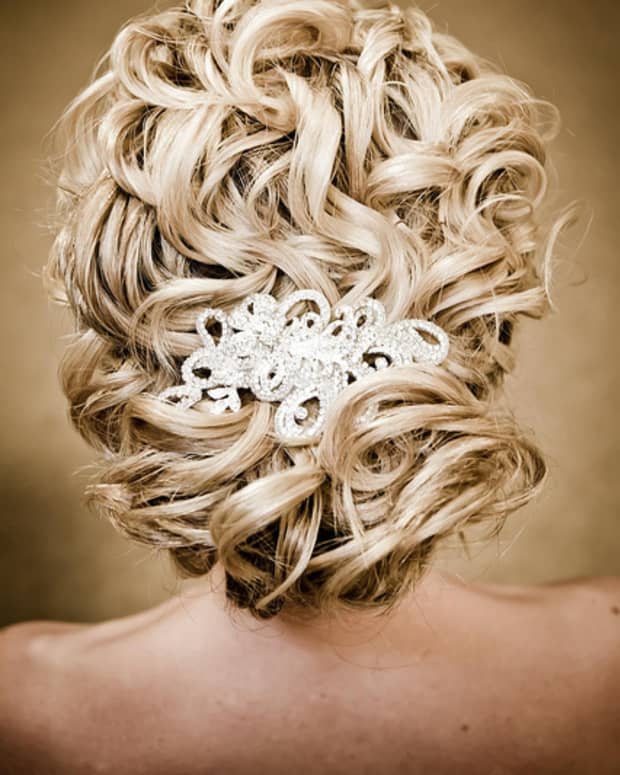Ayanna Pressley Is Courageous for Revealing Her Alopecia
Hello, I write about real life issues that can be informative to people who want to know more.
Who Is Ayanna Pressley?
Ayanna Pressley is a congresswoman in Massachusetts; she is the first black congresswoman to be elected to represent Massachusetts. She talks about issues that people face in their community, and she began working in the office on January 3, 2019. However, she's dealing with a personal issue that can be uncomfortable for anyone to admit. She has alopecia, but everyone is used to seeing her with twisted braided hair, and many loved her hairstyles.
Pressley is a courageous woman who wanted to be truthful about what has happened to her hair. She accepted what has happened, and now she is going to continue to be the strong woman she has always been. She's there for the people who know and love her for the job in which she has succeeded. She will continue to be a great politician, and what she's going through now isn't going to be a deterrent. She cares very much about doing what's right for the people of Massachusetts.
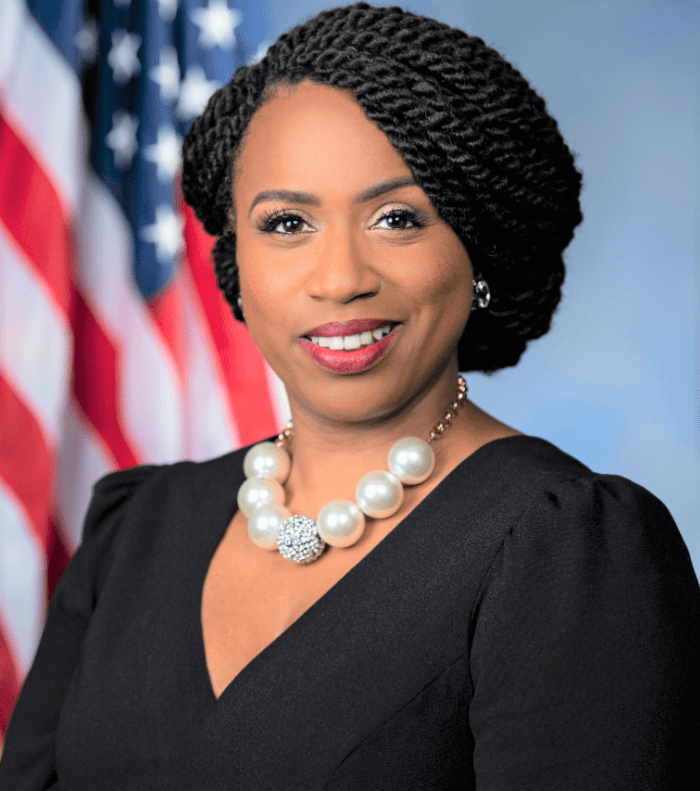
Congresswoman Ayanna Pressley was elected to represent Massachusetts' 7th Congressional District in the U.S.
Ayanna Pressley's Hair Story
People were shocked to see Ayanna Pressley bald as she confessed to the world that she has alopecia. She wanted to reveal the truth about what her hair meant to her as a politician. Her hairstyles played a huge part in her journey as a black congresswoman with twisted braided hair.
Ayanna Pressley is a woman who meets people every day and to admit what has happened to her hair was courageous. She seems extremely transparent in showing people what she was hiding, and she embraced her baldness. Having the type of braids she had was stressful to her scalp, and having that amount of extensions was going to make her alopecia worsen eventually.
10 Tips for a Healthy Scalp
- Take a break from wearing braids if it's too stressful for your scalp.
- Avoid roughly scratching your scalp.
- Take the braids or extensions out immediately if they're too heavy or they've been in for a while.
- Don't accept seeing hair falling out and do not add braids until your scalp has healed.
- If there is a lot of hair coming out in the comb or bathtub, do not put the braids or extensions back in.
- If you're getting headaches due to the hair being too heavy, it's time to take the braids out.
- If there is a family history of alopecia, do not wear long, heavy extensions or braids.
- Let the hairstylist know that you don't want too much hair added to your natural hair.
- Wear your hair natural, and don't be afraid to let go of the braids permanently.
- Always stay calm and patient in stressful situations because hair loss can also occur when you're stressed.
How Do Extensions Cause Hair Loss?
When someone's natural hair has extensions added to make up more than the amount of natural hair, often what happens, after a while, is that the lengthy extensions braided in will weigh the hair down. The hair will slowly come out, but a woman might not realize it before getting the extensions taken out a month later. She will then get her hair done immediately after seeing that a lot of her hair came out already.
Read More From Bellatory
She wouldn't take the extensions out because she loves the hairstyle, even though it is causing stress to her scalp but wouldn't talk about it. She doesn't have the same fullness as she does, with the extensions braided in her natural hair. Over time, the hair will be thinner and less easy to style because it will be uneven all over the head, and it's hard to grasp the hair.
So keeping up with a braided hairstyle that is causing stress to a delicate scalp is excepted to women who feel they have no time to do their hair but will sit for hours to get it done. Besides, if a woman has alopecia and notices patches of balding, then she needs to talk to a medical professional. If a woman is going through this, it can be devastating.
Scalp Damage From Braids
When the hair is washed with that amount of hair, it will be worse for the scalp, and the hair can break more easily when it's wet. With a lot of hair extensions braided into the natural hair, it can take a while to dry. Also, doing a hairstyle like Ayanna Pressley's hair will eventually cause hair loss if this hairstyle is maintained without a break.
Hair needs to be free from extensions, weaves, wigs, braids, and overuse of products to grow, and hair needs air, too. It's easy to damage hair follicles if they are being pulled all the time. Permanent hair loss can happen if you don't take care of the scalp.
Heavy Extensions Have Consequences
There was a time where a lot of women were walking around with bald edges and short hair. It was the nineties, and at that time, a lot of women wanted to wear long extension braids with a lot of extra hair that looked amazingly stylish.
The braids are still being worn today, but not as much as in the nighties. However, after a lot of women weren't being seen without the amazing-looking braids anymore. There was tremendous hair loss that a lot of women exposed, but they wouldn't talk about what happened to their scalp. It was difficult to know if it was the braids or alopecia.
Although the trending hairstyle is a favorite for women who want to look different as time changes, the stress on the scalp can be hard to accept after seeing the hair come out more and more after removing the thick long braids that are too heavy for the scalp.
Hair Needs a Break Sometimes
Adding too much hair that isn't good for the scalp can cause permanent hair loss if certain hairstyles are done all the time without giving the scalp a break. In addition, if the lengthy braids are washed, and then the extensions becomes heavier, it will be unbearable to deal with.
In conclusion, many lengthy hairstyles can cause hair loss if the hair is left in for a long time. Also, if you see bald patches, then that's the time to decide to end the stress on a delicate scalp, and seeing a doctor is necessary.
This content is accurate and true to the best of the author’s knowledge and is not meant to substitute for formal and individualized advice from a qualified professional.
© 2020 Jacqueline L Smith

